facial recognition
Latest

IBM and Microsoft support the Vatican’s guidelines for ethical AI
IBM and Microsoft have signed the Vatican's "Rome Call for AI Ethics," a pledge to develop artificial intelligence in a way that protects all people and the planet, Financial Times reports. Microsoft President Brad Smith and John Kelly, IBM's executive vice-president, are among the first global tech leaders to sign the document.

Clearview AI leak names businesses using its facial recognition database
One of the most vehement arguments against Clearview AI's practice of scraping billions of photos from millions of public websites to build its facial recognition database was that the company's data storage and security protocols were both untested and unregulated. On Wednesday, Clearview AI claimed that its facial recognition database was hacked, giving intruders access the the company's full client list, which Buzzfeed News has acquired.

Facial recognition startup Clearview AI says its full client list was stolen
You might expect a high-profile (and controversial) facial recognition startup like Clearview AI would have its data locked down, but it turns out it's just as vulnerable as almost any other company to malicious individuals. In a notification obtained by The Daily Beast, the company says a recent vulnerability allowed someone to gain "unauthorized access" to a list of all of its customers. Clearview works with approximately 600 law enforcement agencies across North America, including the Chicago Police Department.

Recommended Reading: The CIA-owned company that helped it spy on the world
The intelligence coup of the century Greg Miller, The Washington Post This in-depth report tells the story of Crypto AG, a Switzerland-based company that achieved success for its code-making machines during World War II. The company eventually became a popular manufacturer of encryption machines for countries around the world in the decades that followed. Governments trusted that communications between diplomats, military and spies were being kept secret. What those nations didn't know was that Crypto AG as actually owned by the CIA -- originally in partnership with West German intelligence. What's more, the access allowed the two countries to to rig the tech so they could easily crack any code.

EU backs away from proposed five-year facial recognition ban
The European Union won't issue a ban on facial recognition tech, as it once proposed, the Financial Times reports. In a previous draft of a paper on artificial intelligence, the European Commission suggested a five-year moratorium on facial recognition, so that the technology's impact could be studied, noting that it can be inaccurate, used to breach privacy laws and facilitate identity fraud. In a new draft, seen by the Financial Times, that moratorium has been removed.
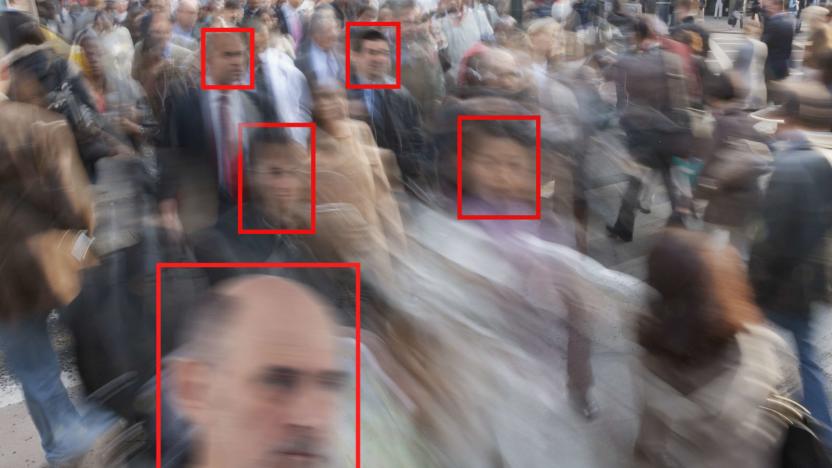
ACLU rejects Clearview AI's facial recognition accuracy claims
Clearview AI's facial recognition isn't just raising privacy issues -- there are also concerns over its accuracy claims. The ACLU has rejected Clearview's assertion that its technology is "100% accurate" based on the civil liberty group's methodology for testing Amazon's Rekognition, telling BuzzFeed News that the findings are "absurd on many levels" and amounted to "manufacturing endorsements." According to the ACLU, there are key differences that make Clearview's sales pitch misleading.

Facebook and Venmo demand Clearview AI stops scraping their data
Following Google and Twitter, Facebook has become the latest company to take legal action against controversial facial recognition startup Clearview AI. According to Buzzfeed News, the company sent a cease-and-desist letter to Clearview sometime this week, demanding that it stop taking data from Facebook and Instagram. "Scraping people's information violates our policies, which is why we've demanded that Clearview stop accessing or using information from Facebook or Instagram," a spokesperson for the company told Buzzfeed News.
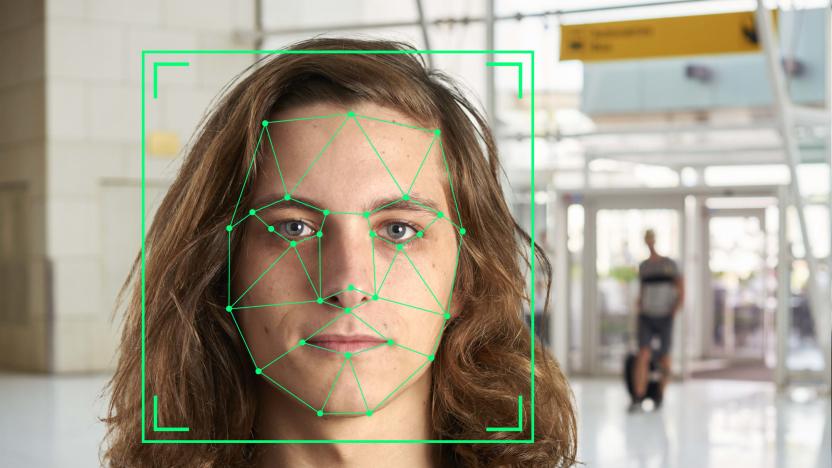
Google tells facial recognition startup Clearview AI to stop scraping photos
Following Twitter, Google and YouTube have become the latest companies to send a cease-and-desist letter to Clearview AI, the startup behind a controversial facial recognition program that more than 600 police departments across North American use. Clearview came under scrutiny earlier this year when The New York Times showed that the company had been scraping billions of images on the internet to build its database of faces. Google has demanded Clearview stop scraping YouTube videos for its database, as well as delete any photos it has already collected.

Can we keep facial recognition from enabling a surveillance state?
Since the start of the 21st century, computer vision research has advanced at a breakneck pace. Today we can board flights, rent cars, and unlock our phones simply by looking into a camera. But these conveniences come with plenty of drawbacks. Authoritarian regimes and unscrupulous corporations are already leveraging the technology to create ever-present surveillance states, tracking citizens, stalking criminal suspects, monitoring employees, and even making hiring decisions. But for the myriad potential misuses of this technology, very little oversight and regulation has been drafted in response, and that could lead to dire privacy and civil liberty issues for us in the near future.

Podcast: Why Clearview AI's facial recognition is a privacy nightmare
All of our fears around facial recognition technology are coming true thanks to a little known startup called ClearView AI. This week, Devindra and Cherlynn dive into how ClearView works, and what unchecked access to powerful facial recognition means for the future of privacy. (It's good for cops, not so much everybody else!) Also, managing editor Terrence O'Brien joins to break down how Billy Eilish recorded a Grammy-winning album in a spare bedroom. It's yet another milestone for DIY home audio production. Listen below, or subscribe on your podcast app of choice. If you've got suggestions or topics you'd like covered on the show, be sure to email us or drop a note in the comments! And be sure to check out our other podcasts, the Morning After and Engadget News! Subscribe! iTunes Spotify Pocket Casts Stitcher Google Play Music Links The secretive company that might end privacy as we know it Billie Eilish proved anyone can access Grammy-winning gear What to buy if you want to start producing music at home Avast has been selling user data left and right Facebook's oversight board will hear cases this summer Health record company Practice Fusion pushed opioids on patients Credits Hosts: Devindra Hardawar and Cherlynn Low Producer: Ben Ellman Music: Dale North and Terrence O'Brien
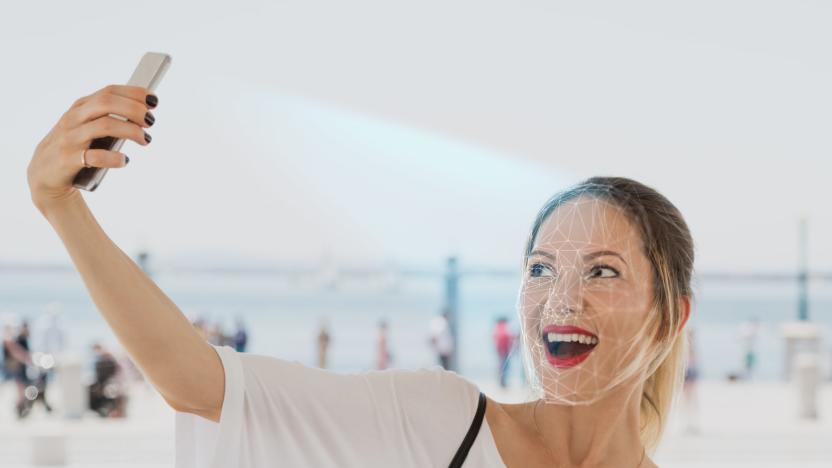
Facebook settles lawsuit over its use facial recognition for $550 million
After years of wrangling in courts, Facebook has settled a lawsuit over its use of facial recognition. Last year it agreed to stop turning on the tech to scan photos by default, which built a template of your facial data, and automatically suggested tags in photos based on it. During an earnings call on Wednesday afternoon to announce that Q4 profits grew to $7.3 billion giving it a profit of over $18 billion for 2019, CFO David Wehner gave a one-line mention to the fact that they have a settlement in principle to pay $550 million to resolve the suit. Plaintiffs sued based on the Illinois Biometric Information Privacy Act, arguing that its service did not receive "explicit consent" from users before collecting their data. Asked about the settlement, a spokesperson responded "We decided to pursue a settlement as it was in the best interest of our community and our shareholders to move past this matter." ACLU attorney Nathan Freed Wessler pointed to the result as an example of what other states should do, saying "this case is a great example of how states can take the lead to protect their residents' privacy rights despite Congress' failure to do the same." According to one of the lawyers for the plaintiffs, Jay Edelson, "Biometrics is one of the two primary battlegrounds, along with geolocation, that will define our privacy rights for the next generation. We are proud of the strong team we had in place that had the resolve to fight this critically important case over the last five years. We hope and expect that other companies will follow Facebook's lead and pay significant attention to the importance of our biometric information." The settlement will still need to be approved by a judge.
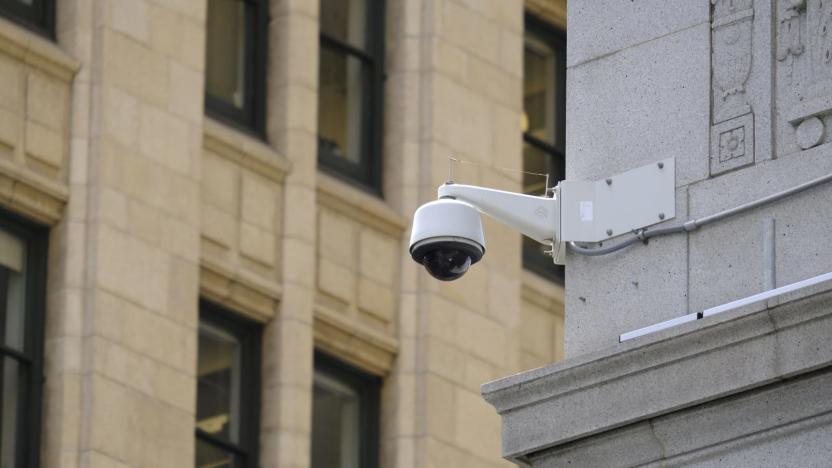
Recommended Reading: Facial recognition, police and privacy
The secretive company that might end privacy as we know it Kashmir Hill, The New York Times Clearview is a startup that developed a facial recognition system that matches a photo of a person to publicly available images. Those can be from Facebook, YouTube or even Venmo. It's powerful technology, and law enforcement is using it to solve crimes like shoplifting, murder and child sexual exploitation. The code in Clearview's app references the ability to pair the software with AR glasses, giving the person wearing them the ability to identify whoever they see. And the company is monitoring who law enforcement is looking for, which makes an already massive privacy issue sound like something out of a dystopian novel.
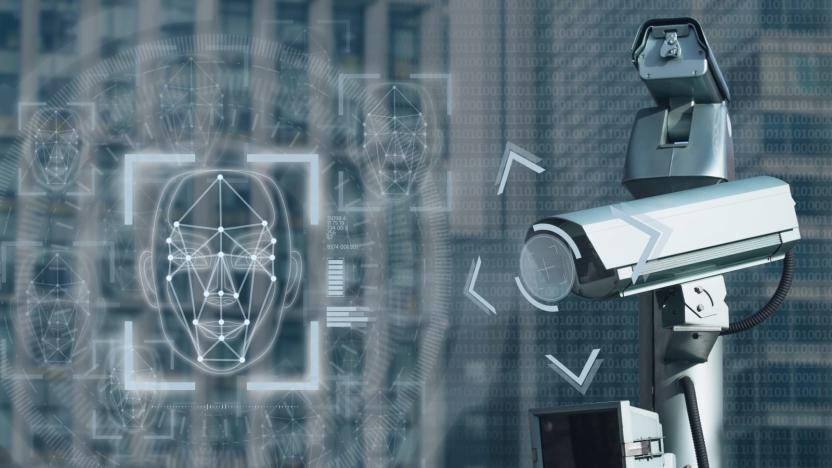
London police begin using live facial recognition tech across the capital
London's Metropolitan Police Service has begun using live facial recognition (LFR) technology. At key areas throughout the city, signposted cameras will scan the faces of passing people, alerting officers to potential matches with wanted criminals. According to the Met, "this will help tackle serious crime, including serious violence, gun and knife crime, child sexual exploitation and help protect the vulnerable".

Law enforcement is using a facial recognition app with huge privacy issues
You may have good reason to be worried that police use of facial recognition might erode your privacy -- many departments are already using software with serious privacy concerns. The New York Times has learned that over 600 law enforcement agencies in the US and Canada have signed up in the past year to use software from little-known startup Clearview AI that can match uploaded photos (even those with imperfect angles) against over three billion images reportedly scraped from the web, including Facebook and YouTube. While it has apparently helped solve some cases, it also creates massive privacy concerns -- police could intimidate protesters, stalk people and otherwise abuse the system with few obstacles.

ADT’s DIY smart home cameras won’t require a hub or long-term contract
Home security company ADT is creating a new smart home security brand called Blue by ADT. Today, the company is unveiling the brand's first three products: smart indoor, outdoor and doorbell cameras. Each of the new DIY devices can be used on its own or configured with others as you wish, and you won't need a smart home hub to operate them.
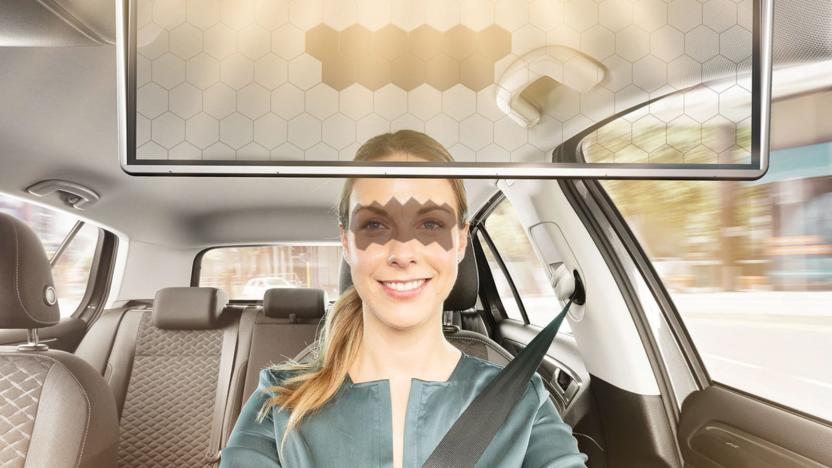
Bosch's virtual visor eliminates sun glare without blocking your view
Sun glare is responsible for thousands of car accidents every year -- almost twice as many as any other weather-related condition, in fact. Now Bosch has reimagined the traditional sun visor to help tackle the problem -- and it's an incredibly techy take on the original.

San Francisco loosens facial recognition ban to allow newer iPhones
San Francisco is learning first-hand about the risks of blanket bans on facial recognition. City supervisors have voted to amend a ban on facial recognition in local government to allow the use of FaceID-equipped iPhones and other devices where the technology is included, but other features are considered vital and don't have alternatives. Workers aren't allowed to use the facial recognition tech (they'll have to enter passcodes on iPhones, for example), but they don't have to give up a modern handset just to take calls and answer emails.
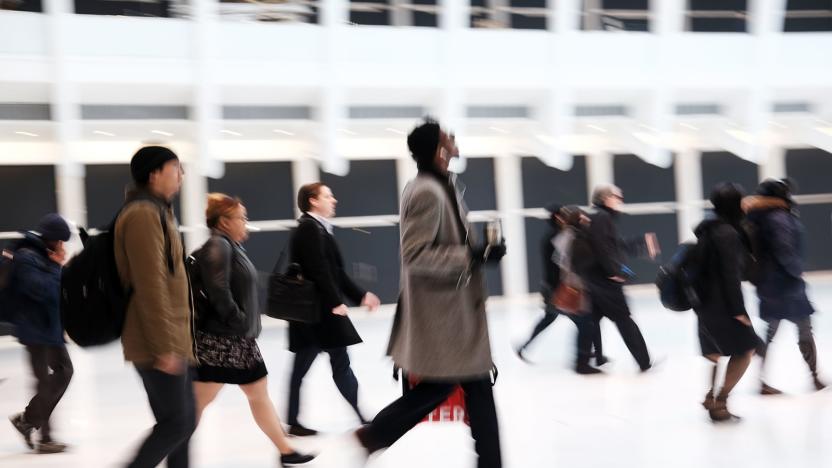
Federal study shows face recognition accuracy varies by gender and race
Researchers have studied the potential for bias in facial recognition algorithms before, but now it's the US government's turn to weigh in. The National Institute of Standards and Technology has published a study indicating "demographic differentials" in the majority of the facial recognition algorithms it tested. The report, which examined both one-to-one matching (such as verifying a passport photo) and one-to-many matching (looking for criminals in a crowd), saw noticeable surges in false positives based on gender, age and racial background -- but cautioned against this representing definitive proof of systemic bias.
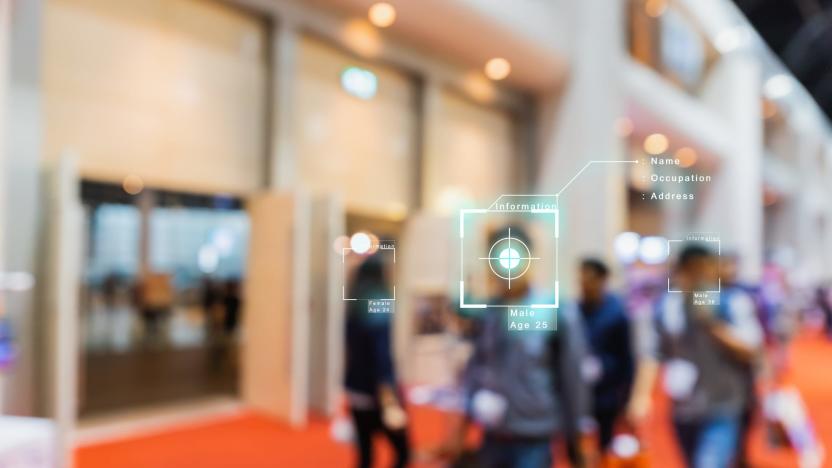
Researchers bypass airport and payment facial recognition systems using masks
Facial recognition technology is increasingly used for everything from government surveillance to convenient online logins, especially in China. A new test reported by Fortune casts doubt on the accuracy of some such systems, however, by showing that they can be fooled by users wearing masks.

Homeland Security doesn’t want Americans' airport face scans after all
Earlier this week, reports circulated that Homeland Security wanted to scan the faces of travelers, including US citizens, as they enter or leave the country. Naturally, critics raised concerns that the practice would violate citizens' privacy and that the "intrusive surveillance technology" could lead to abuses of power. Now, US Customs and Border Protection (CBP) says that it will allow US citizens to voluntarily participate in the program. In other words, US citizens can opt out.








